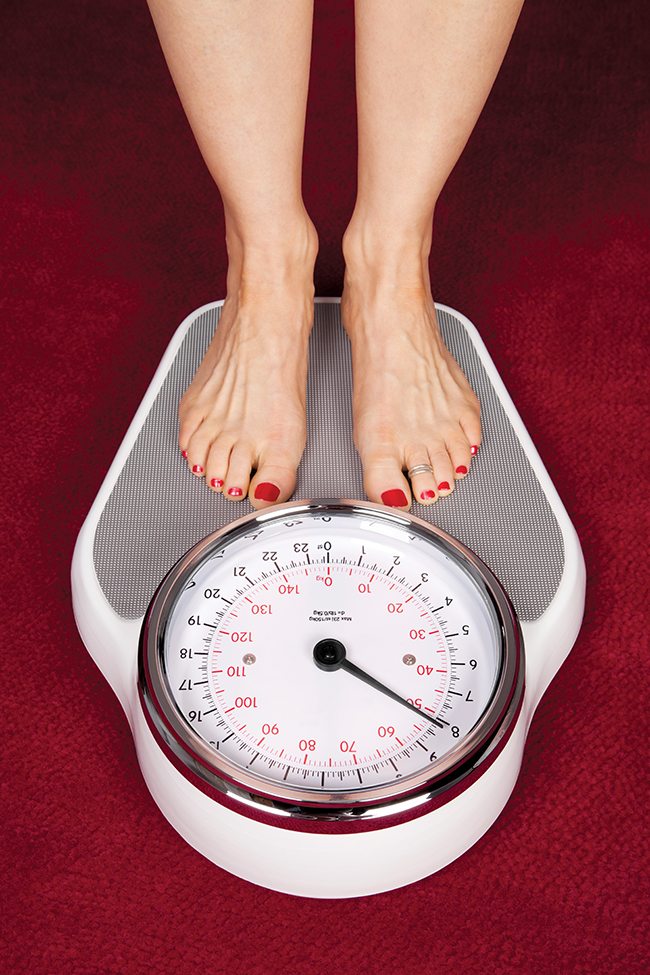According to a prominent study, two-thirds of UK millennials have an unhealthy relationship with food. Our experts look how to change this worrying outlook…

A recent study by Aviva has revealed that millennials are adopting unhealthy eating habits to keep their weight down, with 51% of UK adults aged 25-34 regularly skipping meals, as well as 49% admitting they would rather look good than have a healthy diet. When it comes to diet management and body image, millennials are bombarded with mixed messages on social media, which can bring about confusion and can then lead to these unhealthy eating habits. Our health experts have weighed in on this issue and suggested 5 different ways you can change your outlook on your diet and health.
Emotional attachment to food
Nutritionist Cassandra Barns explains, “As emotional eating doesn’t depend on hunger, comfort eating or skipping meals can often be uncontrolled – you don’t necessarily stop when you’re full and you’re not necessarily eating when you’re hungry and your body requires the energy. Learning to manage your emotions in a different way can help stop emotional eating and help you create a healthier relationship with your food.”
Increase your mindfulness with yoga
Maija Kivelä, yoga instructor at the new holistic wellness boutique, Maître of Thyme explains, “Due to our hectic lifestyles, mindfulness has become a huge trend. Yoga can increase your mindfulness and as a result, individuals will become more aware of what they are eating and make better eating choices, which will certainly help weight management. I really hope that my classes will not only support physical and mental strength but also perfect students’ postures, make them happier and help them to follow a healthier lifestyle.”
Body confidence
“The way we see and think of our bodies affects all aspects of our lives. Positive body image and self-confidence play a big role in our relationships, our work environments and the everyday activities we take part in such as exercising or going out with friends. When you see yourself positively and feel good in the body you’re in, it shows! It improves our interaction with other people and allows for us to reach new goals,” explains nutritionist and weight loss coach, Pippa Campbell (www.pippacampbellhealth.com).
Stop the binge
When you completely cut out those sweet treats from your diet or you regularly skip a meal before a night out, you have a much higher chance of giving in and binge eating. It’s much better to have a varied and balanced diet. “Our bodies cope much better when we eat and drink in moderation as it has time to process that food and drink. We cannot overload it without paying a price – your body has to deal with high amounts of these foods in a short space of time, with your blood sugar going on a roller coaster of highs and lows, then trying to recuperate over the next few days before your next binge,” explains leading UK nutritionist Dr Marilyn Glenville (www.marilynglenville.com).

“If you miss meals or starve yourself, your body will think there is a shortage of food and its response is to slow down your metabolism and hold onto fat stores. This type of eating can make you have cravings because your blood sugar will be low and your body needs a quick fix,” adds Dr Glenville.
Ditch the scales
“There are several reasons why it can be best not to focus on the number on the scales. Body composition is about much more than weight. Body fat percentage – or how much of that weight is fat and how much is muscle or bone – is actually much more important. And this is where your weight on the scales – and even your BMI – can be deceiving: you can have a low body weight or BMI, but also a higher-than-normal body fat percentage and a low muscle mass, which is bad news for your health. Or you’re losing weight, but the weight that’s coming off is actually muscle – also bad news,” explains Dr Glenville.

“Another reason for not focusing on the scales is that the number can fluctuate quite a bit from day to day. This can depend on what you’ve eaten or drunk – and, for example, water retention, which can affect women differently throughout the month. This can make you panic if you see an increase, when actually nothing has changed or you could be still losing fat,” adds Dr Glenville.
